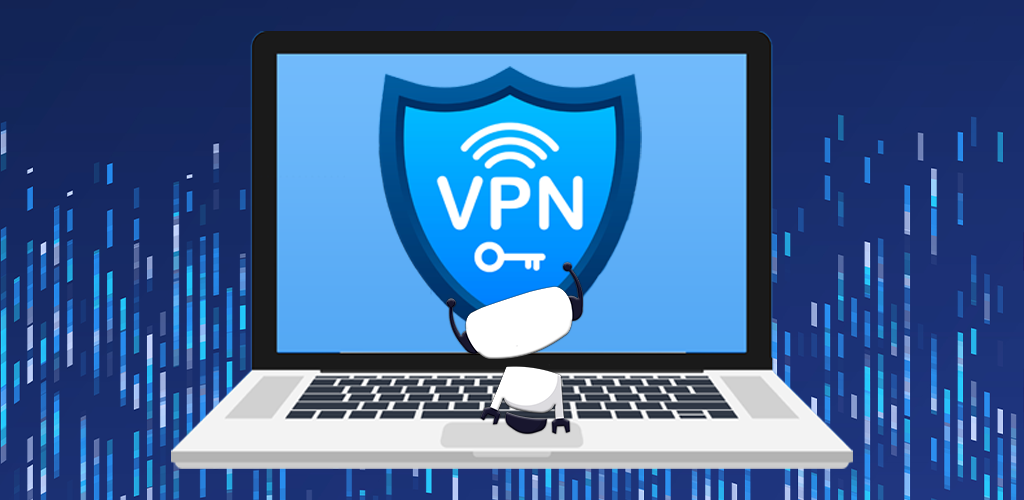December 10, 2020
The Difference Between Hardware and Software VPNs
Posted by Rhiannon

A VPN (or virtual private network) is one of today’s must-have security features. If you use a VPN, you can browse the internet and conduct any online business without compromising your privacy or risking your data. You’ve probably heard of the importance of having a VPN but may not be sure if you should get a hardware VPN or the software version. This article will explain the difference between hardware and software VPNs and compare how they work.
- Software VPNs
- Hardware VPNs
- Comparing the two
Software VPNs
Software-based VPNs come in the form of apps, plug-ins, and program downloads. They work by connecting your device to the VPN’s own servers through an encrypted tunnel. This prevents your activity from being seen by your internet service provider (ISP) and other organizations.
Some operating systems have built-in VPN software, but they also allow you to use third-party alternatives. With VPN software, you only need to provide some necessary information for the service to work, such as an email address and password for your account.
There are a number of advantages to using a software VPN. The upfront cost of using one is much lower than with hardware VPNs. In addition, software VPNs require very little technical knowledge to use, if tech isn’t your forte. With only a few clicks, the service can start protecting your digital data.
Hardware VPNs
A hardware-based VPN is a standalone device in your home or office with its own processor. This processor establishes a VPN connection over your internet network for all devices on that network. Similar to how a software VPN functions, a hardware one manages your online connections and encrypts your digital traffic.
This option is excellent in terms of security and speed. Since the VPN works on its own and only handles its own functions, it is less prone to attacks and more reliable for speed. With a hardware VPN, you get a dedicated IP address. However, it will require a higher upfront cost and more technological knowledge from its users. In addition, hardware VPNs are less accessible than software ones.
What Should You Get: Comparing the Two
On Location
Many VPN users want to connect to their service from more than one location. Hardware VPNs are more limited in this regard than software ones. For example, you can set up a hardware VPN for your business in London, England. Employees around the world can connect to that server. However, if you want to connect to a server in New York, you’ll lose your VPN protection. A software VPN, by contrast, may allow you to connect to servers around the world, no matter your base location.
On Installation
Hardware and software VPNs offer two different experiences when it comes to installation. In general, installation of the software version will only take a few minutes, and any user can learn how to use it quickly. Meanwhile, a physical VPN typically requires a technician to set up the hardware, especially if you have little technical know-how. Most hardware services offer no user interface, so the setup has to be done manually with the hardware device.
On Speed
Hardware-based VPNs were once more successful in the speed category, but the software version is catching up quickly. Nowadays, surfing the internet is easy to do on any device. You can have several applications running simultaneously, including your VPN, and your device will still maintain its usual speed, whichever VPN version you’re using.
Conclusion
Hardware and software VPNs were developed for the same purposes, but they function differently. Based on the comparison above, you can see which version may work best for you. Whether you opt for hardware or software, the most important thing is to keep your privacy safe and secure.
HotBot VPN is a popular software VPN service that can meet all your needs. It’s currently available for Android, iOS, and Windows devices.
Posted by Rhiannon
More Blog Posts
February 14, 2023
How the Investigatory Powers Act Impacts Citizen Privacy
In 2016, the United Kingdom passed the Investigatory Powers Act or IP Act, into law. This act empowered the government and related agencies to access and collect citizen data, without consent. Critics immediately slammed the new law. The media dubbed it the “Snoopers’ Charter.” Meanwhile, Edward Snowden described the act as “the most extreme surveillance […] Read moreFebruary 14, 2023
Review: qBittorrent Torrent Client
If you plan on torrenting files, you need a client with which to do so. There are dozens on the market, some paid, some free. Others are feature-heavy while some have just the basics. A few are recent additions to the market while others have been around nearly as long as torrenting. The qBittorrent torrent […] Read moreFebruary 14, 2023

